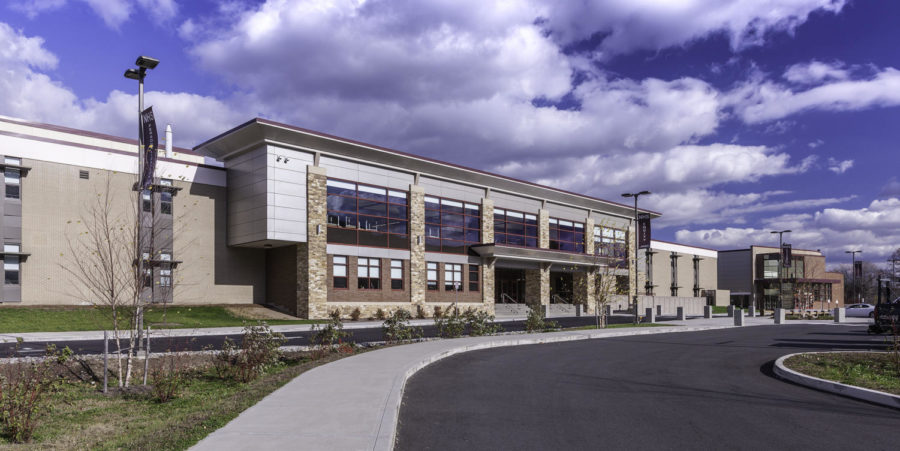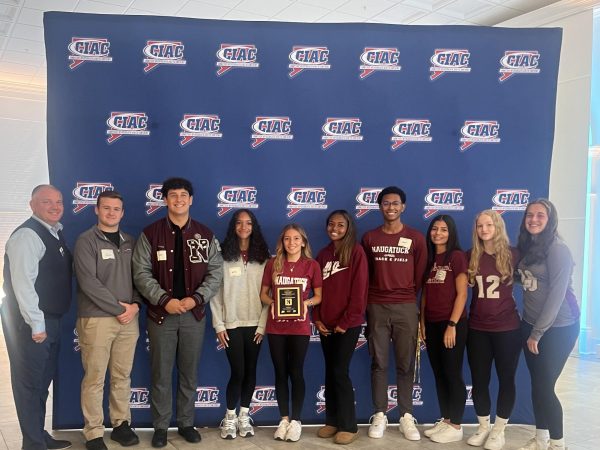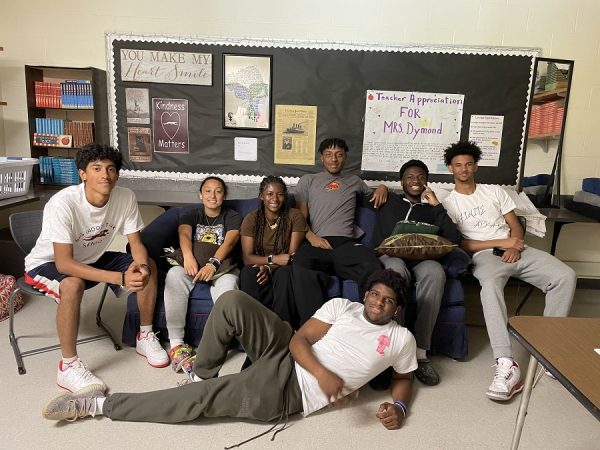The students and staff of NHS respond
Sexual harassment is a very well known issue amongst teenagers, and is a widely controversial in society as a whole, more specially in American schools. We went around our school and asked various students and teachers, of both genders, their views regarding the issue, and about their familiarity with it.
The majority of interviewees agreed that a lack of protest, or resistance could not be considered consent, and as a result, when a female or male seems uncomfortable with what may appear to be a harmless comment, the potential harasser should walk away. They also agreed that when commenting on someone’s physique, or the way that they dress, context and the existing relationship they share are key factors that play a role in whether or not the comment is inappropriate.
Upon interviewing both a male and female high school student, both claimed that they had been, or know someone who has been, sexually harassed – therefore the similarity with the issue was clear. However, when asked if they would be comfortable protesting against said harassment, most students said that they would feel uncomfortable because of their peers, and being made fun of.
An anonymous freshman girl responded to this question, “As of right now, no.”
When asked if their school addresses sexual harassment, brings awareness to it, as well as consequences, a student states “They do not address it at all” says Sara Whitley, a freshman at Naugatuck High School.
Contrary, while discussing the issue with a well respected adult figure, Mr. Zeigler, he responded, “This makes me really sad, and I would say to students that this room is a safe place.”
Clearly communication about the issue, and between students and teachers, lacks and poses as a serious conflict when it comes to a safe environment in which students may work comfortably, and efficiently.
While interviewing Sharon Locke, the superintendent of the Naugatuck School District she stated that the conversation about sexal harassment would be appropriate to have in school.
“We need to empower women, and men, to be comfortable to say no”. With an assembly, or discussion about this issue, I believe we can achieve just this – to empower our students, and educate them about a taboo issue.
The health teacher at Naugatuck High School, Ms. Kulish stated, “ I feel administration would be open to [an assembly]”.
If teachers, administration, and students feel that a needed conversation is lacking, an assembly is possible, and both would be beneficial, than why hasn’t this conversation been had? Let us take a step forward together, and today, into a future where empowered students can grow into empowered adults.

I am a junior and in my second year in Journalism. I serve as an editor, and I most enjoy writing about politics.

I am in 10th grade. I would like to become a lawyer. I took journalism because it seemed interesting.








